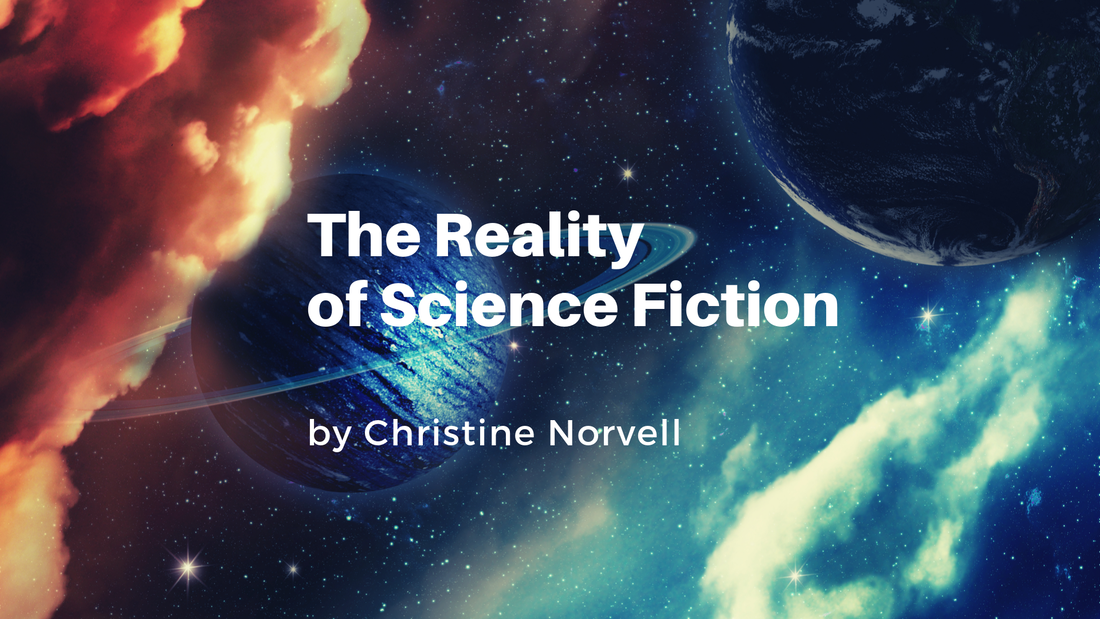 MAN IS THE REAL ALIEN. I reread a few classic short stories this week, one by an American and one by a Frenchman. In each story, man was this dissatisfied creature who couldn't find himself whether on Earth or Mars or Minerva. He tainted everything he touched. Through science fiction as a genre, this avenue of thought is prevalent. It's the best of social criticism, albeit a veiled philosophy-- CAUTION! MAN IS CAPABLE OF MASS DESTRUCTION. It's a disturbing but simple pattern. Humans introduce music or a virus or a bomb and a civilization is forever changed. Consider Alas, Babylon by Pat Frank, a seminal apocalyptic work from 1959. Yes, it deals with the effects of a nuclear war on the small town of Fort Repose, Florida, but it began with an inciting accident in Syria. Post-war life shows the natural and realistic breakdown of society amid its plucky and frequently criminal citizens.
The genre is a simple yet provoking tool. The stories may explore new places and settings but really they depict man's true nature and often the consequence of choice. I have many favorites including Orson Scott Card's series and Isaac Asimov's short stories, but I most frequently recommend the list below:
Share your favorite short or long science fiction reads in the comments section, especially why you love a particular story!
0 Comments
Your comment will be posted after it is approved.
Leave a Reply. |

 RSS Feed
RSS Feed